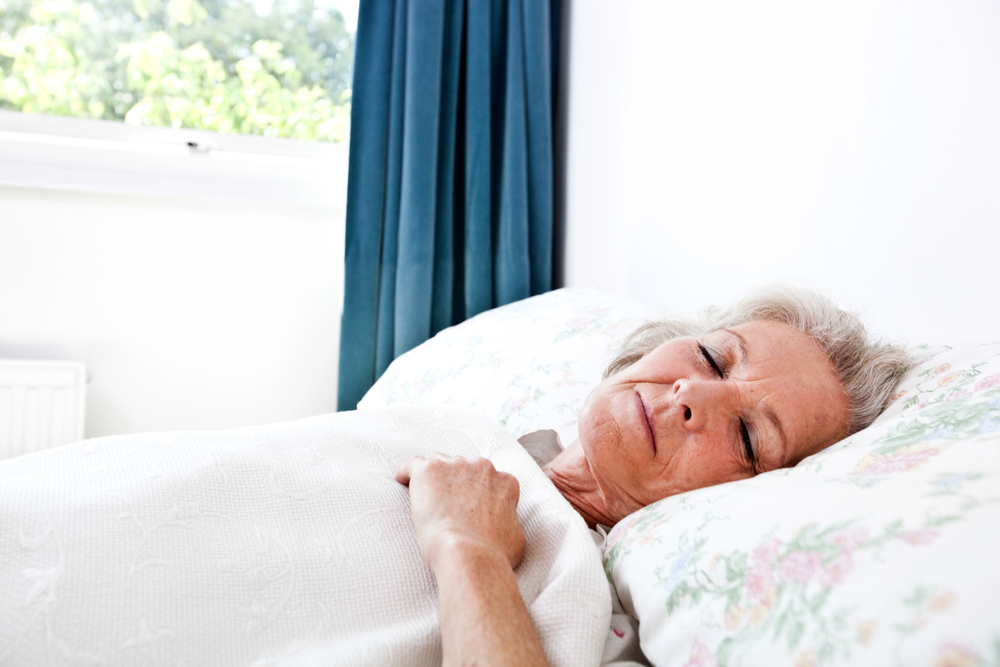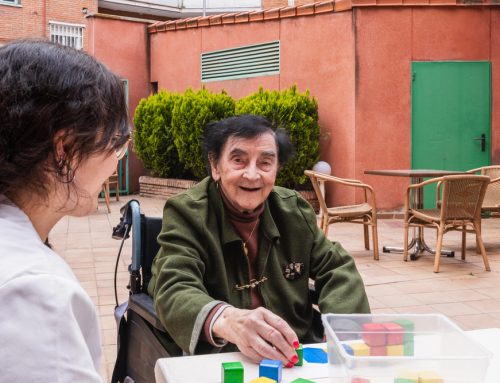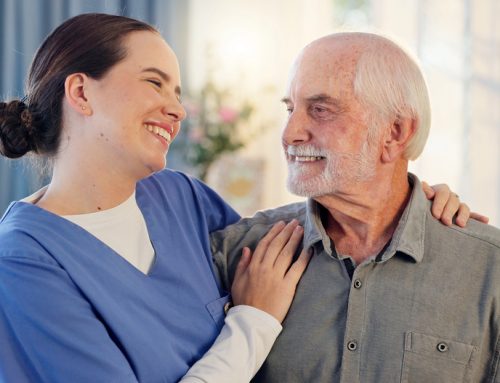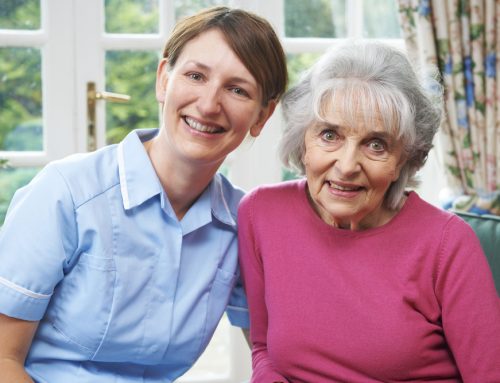As we age, our sleep patterns change. We tend to become lighter sleepers with shortened sleep cycles. This shift is mainly due to reduced melatonin production, a hormone responsible for regulating sleep. To make matters more challenging, seniors often wake up multiple times during the night for bathroom breaks, which makes it harder for them to fall back asleep. Because of these factors, many seniors struggle to enjoy a sound night’s rest. Keep reading as we share how in-home care providers like Baywood Home Care offer sleep assistance and help develop restful sleep routines tailored to seniors’ unique needs.
Why is sound sleep important for seniors?
Sleep is essential for everyone, but for seniors, it plays an important role in maintaining both physical and mental health. Many older adults experience fatigue during the daytime, often due to disrupted or insufficient sleep at night. When senior sleep patterns are thrown off, it can affect their mood, memory, and immune function.
At Baywood Home Care, in-home caregivers are trained to support sleep for seniors by helping them build consistent, healthy routines and creating sleep-friendly environments that promote deeper rest.
How trained in-home caregivers help seniors sleep well
-
Assist in creating a healthy sleep schedule
Just like children, seniors benefit greatly from consistent sleep routines. Establishing such routines may take some time and effort initially, but once they’re set, the body adapts and follows them automatically. The key components of a solid sleep schedule for elderly individuals include going to bed and waking up at the same time every day, including weekends.
For seniors, a relaxing pre-bed routine can include:
- Reading a book
- Listening to calming music
- Avoiding caffeine in the evening
- Steering clear of digital devices before bedtime
- Engaging in regular physical activity during the daytime
These habits signal the brain that it’s time to wind down and prepare for sleep.
In-home care providers at Baywood Home Care are well-trained in gently guiding seniors to follow these routines, enhancing their overall well-being. Their expertise in sleep assistance ensures that elderly clients develop habits that align with their natural circadian rhythms.
-
Assist in creating an environment that induces sleep
A peaceful environment at home is vital for a good night’s rest. Noise is one of the most common disruptors. Using earplugs or white noise machines can effectively reduce ambient sounds and create a tranquil atmosphere.
Another critical element is lighting. The bedroom should not just be quiet but also dark for quality sleep. Using blackout curtains or sleep masks can help reduce light exposure. In-home caregivers ensure these elements are in place, transforming the senior’s bedroom into a soothing sleep haven.
Temperature also matters. A cool room—around 65°F—is often ideal. Caregivers can help adjust bedding or thermostat settings to maintain the right temperature throughout the night. This type of home sleep aid plays a key role in helping seniors stay asleep longer and wake up refreshed.
-
Support with medication and nightly routines
Some seniors may need over-the-counter or prescribed sleep aids. In-home caregivers can provide reminders for medication, ensuring it’s taken at the right time and in the right dosage. They also monitor side effects that may disrupt senior sleep patterns, such as grogginess or frequent awakenings.
Nighttime routines may include assistance with hygiene, dressing, or mobility, all of which contribute to a smoother transition to bed. Consistency in these routines is key to signaling the brain and body that it’s time for rest.
-
Emotional reassurance and companionship
Loneliness or anxiety can often interfere with sleep for seniors. Having a compassionate caregiver present offers emotional support and peace of mind, helping ease stress before bed. Whether it’s a gentle conversation, a hand to hold, or simply knowing someone is nearby, this companionship can be the comfort seniors need for better rest.
Conclusion
Establishing a restful sleep routine is essential to senior health, and the right support makes all the difference. At Baywood Home Care, our in-home caregivers offer more than just physical assistance—they provide compassionate care and customized sleep assistance tailored to each individual. Whether it’s helping establish a consistent sleep schedule for elderly clients or creating the ideal home sleep aid environment, we’re here to ensure every senior gets the restorative sleep they deserve.







